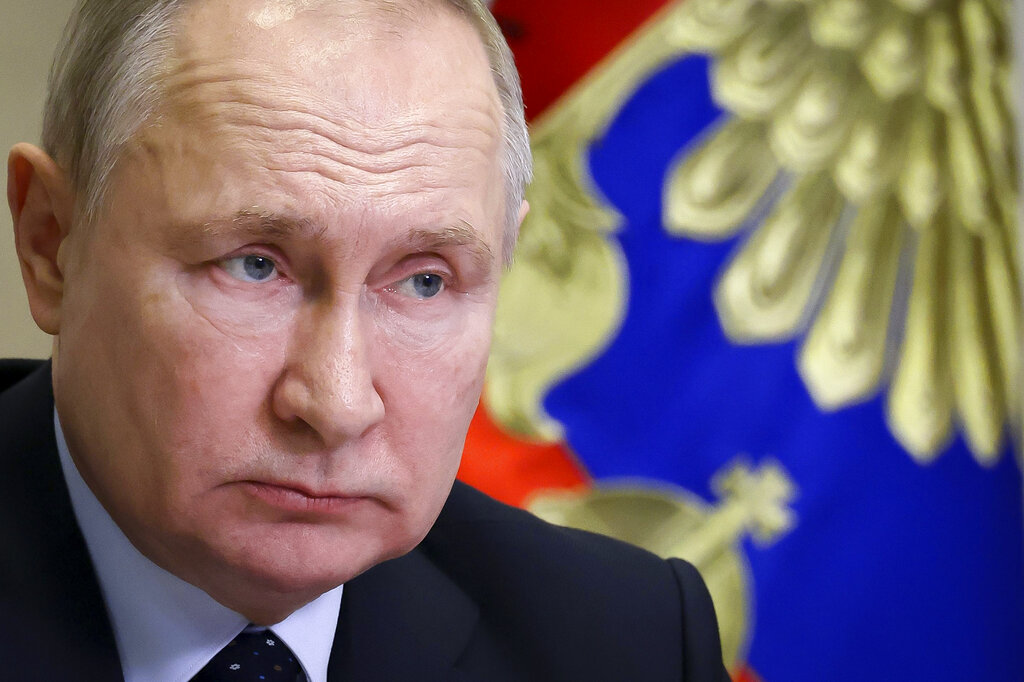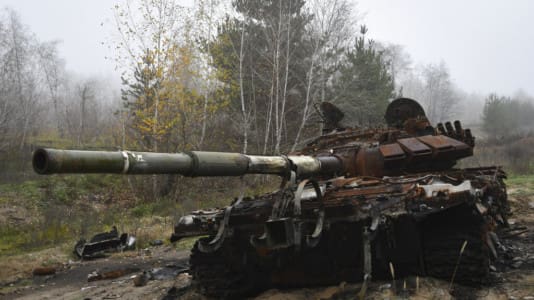An increasing number of Poles believe that Ukrainian refugees are in fact economic migrants and that Poland should not be helping Ukraine because of past history, new polling revealed.
In September 2022 and January 2023, the Warsaw Enterprise Institute (WEI) commissioned polls to examine people’s responses to eight separate statements considered to be in line with the Kremlin’s propaganda on the war. All of them are meant to reduce support for Ukraine abroad and to create tensions in countries hosting Ukrainian refugees.
This January, 41 percent of Polish respondents were found to agree with four of these messages, up 7 percent from September last year. Some 63 percent agreed with the statement that Poland cannot afford the refugees. A total of 41 percent now feel that refugees are in fact economic migrants, while 30 percent believe that Poland should not help Ukraine until it atones for the 1943-44 Volhynia massacre and denounces the World War II nationalist leader, Stepan Bandera. Additionally, 40 percent now believe that Russia should not be provoked because it possesses nuclear weapons.
Regarding other messaging, 36 percent believe no price is too high for peace, even territorial concessions by Ukraine in favor of Russia. The number of those who believe that Poland should stop supplying arms to Ukraine has now increased to 34 percent with the justification that this exacerbates a conflict of which Poland is not a part.
Conspiracy theories that the war is a liberal plot by Western elites, the same ones that “planned” the pandemic, are now the view of 34 percent, and 26 percent believe that had it not been for the expansion of NATO to the east, Putin would not have invaded Ukraine.
Over half of the sample, 52 percent, shared the view that “this will not end with assisting Ukraine, and Poland will be drawn into a long-term military conflict.” Furthermore, 40 percent agreed with the statement that “Poland is undergoing a process of ‘Ukrainization,'” which is destroying the country’s culture and society.
The results of the research imply that Russian propaganda is getting through to Poles despite the fact that both the political elites and the media are supportive of Ukraine. Undoubtedly, economic pressures such as inflation and high energy costs, as well as the fear of war, are factors in the changes taking place among the public. The WEI report will therefore be a source of encouragement to Kremlin propagandists who continue to exploit social media and any celebrities who may amplify such views.
The Kremlin has moved away from projecting the war as a fight against Nazism or a civil war between Slav peoples. It is now concentrated on blaming the war for the economic crisis and accentuating the costs of war to Europe. In Poland, it preys on old hostilities over history and spreads stories about Ukrainians abusing the hospitality of Poles.






